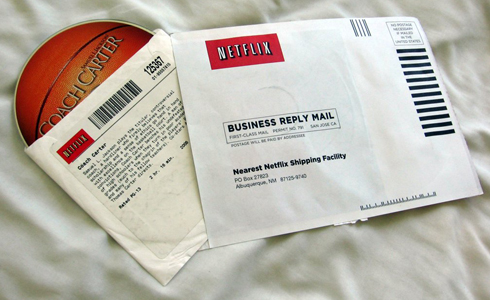
Reed Hastings made his fortune with one exceedingly smart insight: People would pay a lot to escape video-store late fees. Ever since, the Netflix founder and CEO has devotedly sought out and implemented clever ideas for running a tech business. In 2006, he launched a $1 million prize to inspire computer scientists to improve Netflix’s movie recommendations algorithm. It was a great deal, giving Netflix the work of thousands of Ph.D.s for the equivalent of minimum wage. Or consider the company’s unusual work environment: Employees are allowed to take as much vacation as they want. In exchange for this freedom, Netflix employees are expected to be outstanding at their jobs. “We’re like a pro sports team, not a kid’s recreational team,” says an internal H.R. document. If your manager thinks you’re merely doing your job well, you will receive “a generous severance package.”
It’s this same enthusiasm for shaking up business as usual that’s at the center of Netflix’s recent troubles. In July, the company announced that it would raise the price of its combo DVD and streaming plan to $15.98 a month, from $9.99; its streaming-only plan would remain $7.99. The move angered customers, and last week Netflix lowered its latest subscriber forecast. The company’s stock tanked. Then, on Sunday, Hastings emailed an “apology” to users for the way he handled the price hike. But his remedy is worse than the original offense. Hastings is now going to separate Netflix’s DVD and streaming businesses into two different brands. The online half will be called Netflix, while the DVD-by-mail portion will be called Qwikster. The two services won’t share anything
